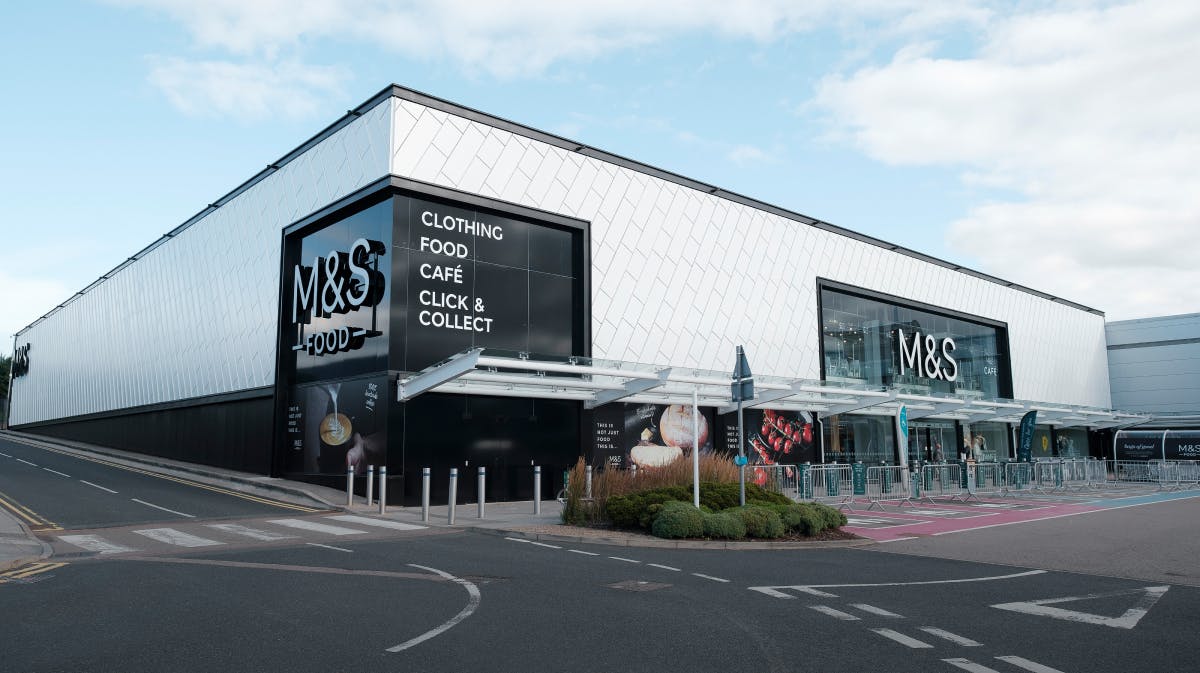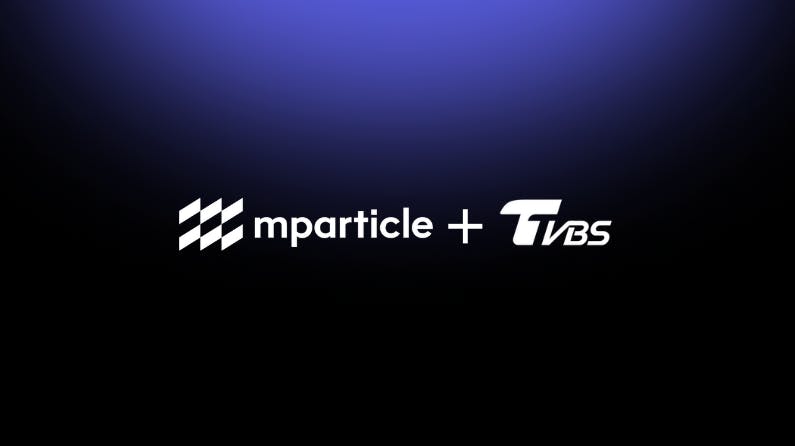The inside story of the Burger King campaign that changed the brand’s entire outlook on marketing
Burger King's Global CMO, Fernando Machado, details the Whopper Detour campaign and notes where mParticle fits in its technology stack in this contributed story.

In the past few years, Burger King built a reputation for itself. I believe our brand has mastered the art of using creativity to get people’s attention and build brand love.
McWhopper, Google Home of the Whopper and Burning Stores—among many others—were talked about everywhere, achieved billions of impressions, helped revamp the brand and were celebrated by our industry. Surely many of our blockbuster campaigns drove traffic (bringing people to restaurants) and sales, but the main focus of most of them was to “make the brand cool again.”
That’s why we see Whopper Detour as a defining moment for our brand. There is a clear “before” and an “after” when it comes to Whopper Detour. This campaign marks a turning point in our marketing and shows what we believe the future of great creativity might be—at least for us. A future where creativity is only used for (and celebrated for) responding to real, tangible business and brand goals.
This campaign was an idea that played with technology that is not necessarily new. Geofencing and mobile order and payment have been around for a while. It’s also not easy to convince people to download mobile apps from fast-food brands, especially burger chains. Many brands, including ourselves, couldn’t get people to download their apps even when giving products away. Yet Whopper Detour increased the BK mobile app sales by three times during the nine-day promotion and by two times ever since the promotion ended. This campaign catapulted BK’s app from a modest No. 686 in the app store to No. 1 across all categories, on both iOS and Android. It also drove the highest foot traffic—people coming to the restaurant—in 4.5 years.
So, the question is: How the hell did that happen?
Navigating to Whopper Detour
This is the story of a crazy idea that delivered real business results. Scratch that—insane business results. An idea that bent the rules of direct marketing, experiential and ecommerce/technology. An idea with scale and long-term impact.
This case not only shows the power of a big idea and what it takes to make something different happen but also the reason why our creative partners (aka advertising agencies) are so relevant. Big creative ideas eat programmatic, AI, trends and even a beautifully put together McKinsey presentation for lunch. And these days, people seem to forget that.
The big idea is where our industry should focus. We used the art of creativity to get people’s attention, build brand love and build our business today and tomorrow in scale. This was not a one-location, one-day stunt that gets people to talk about it—especially industry people—but is not linked to results. When we celebrate ideas like this one, we show that our advertising and creativity industries can indeed have a bright future and will be able to continue to have fun and make great business. And that’s the main reason we wrote this case study and are sharing it.
If you don’t have time to read the entire piece (which would be a shame!), at least watch this.
Latest from mParticle
Try out mParticle
See how leading multi-channel consumer brands solve E2E customer data challenges with a real-time customer data platform.
Startups can now receive up to one year of complimentary access to mParticle. Receive access



